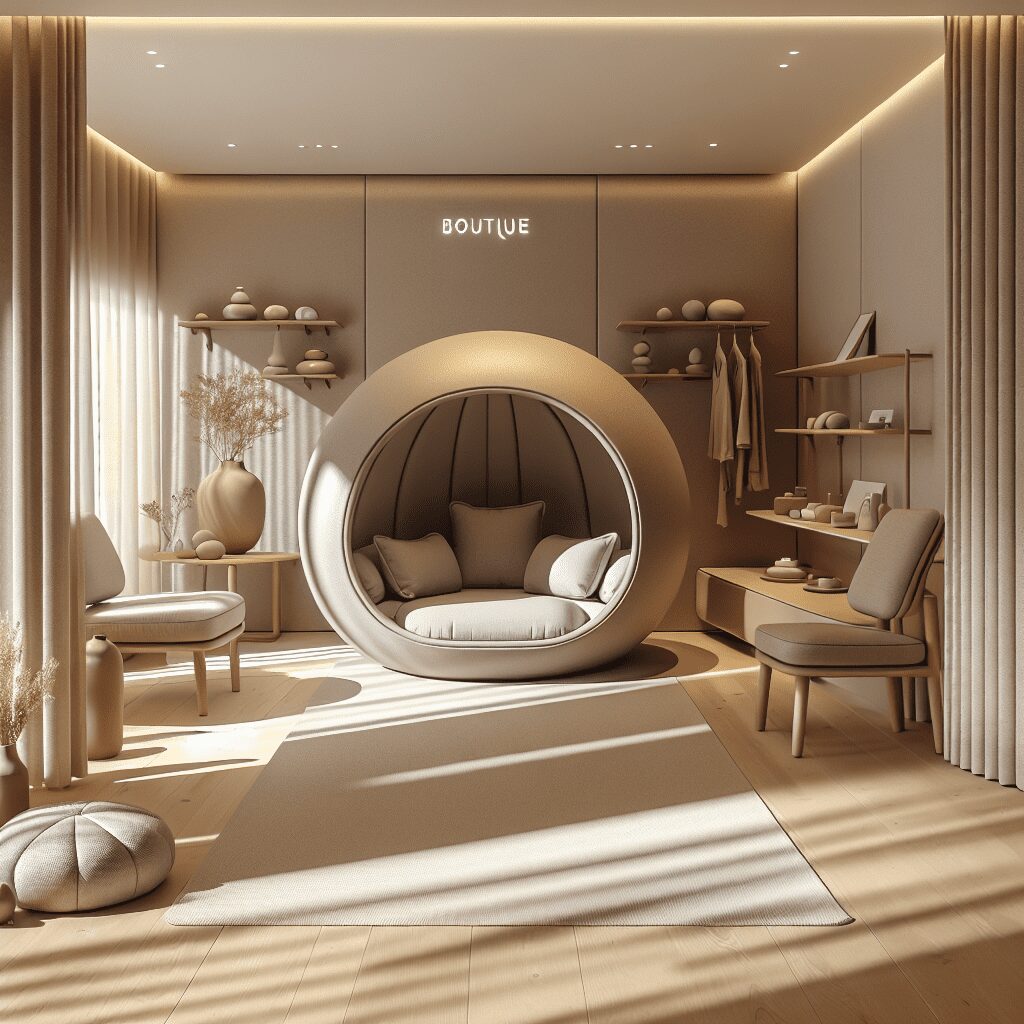
Prioritize your mental well-being daily. Enhance your life by nurturing your mental health with the Smart Meditation app. Break free from stress, alleviate anxiety, and enhance your sleep quality starting today.
Can Low Testosterone Cause Depression And Anxiety?
Unraveling the Link Between Low Testosterone and Mental Health
In the quest to understand the complexities of human health, the intricate dance between hormones and mental well-being often takes center stage. Among the myriad of hormones coursing through our veins, testosterone, commonly tagged as the male hormone, plays a pivotal role — not just in physical development and sexual health, but also in regulating mood and emotional states. But what happens when the levels of testosterone take a nosedive? Can low testosterone really be a silent culprit behind depression and anxiety?
The Hormone-Mood Connection
Let’s dive into the nitty-gritty. Testosterone doesn’t just flex its muscles in the gym; it also has a say in the boardroom of our brain, influencing everything from mood to energy levels. When testosterone levels drop below the normal range, it can trigger a cascade of psychological symptoms, with depression and anxiety often standing at the forefront.
Depression: More Than Just a Bad Day
Depression is a complex beast, and while it’s no newcomer to the mental health scene, understanding its triggers remains a work in progress. Low testosterone levels have been spotlighted in several studies as a potential risk factor for developing depression. The link? Testosterone influences many of the biological systems that depression disrupts, such as sleep patterns, energy levels, motivation, and overall cognitive function. Essentially, when testosterone levels plummet, it might knock the wind out of your sails, leading to feelings of sadness, hopelessness, and a lack of interest in life.
Anxiety: Walking on Eggshells
Anxiety, on the other hand, is like the mind’s alarm system gone haywire, often leaving individuals in a state of heightened worry and unease. While the connection between low testosterone and anxiety isn’t as widely studied as depression, preliminary evidence suggests there’s a thread worth pulling. Testosterone plays a part in regulating stress responses; low levels may crank up the volume on stress signals, potentially setting the stage for anxiety.
Gathering the Evidence: What Research Says
-
Clinical Studies: Research has shown a correlation between men experiencing low testosterone (clinically known as hypogonadism) and higher rates of depression and anxiety. However, it’s a classic chicken-or-egg scenario — it’s unclear whether low testosterone leads to depression and anxiety, or if these mental health conditions contribute to lower testosterone levels.
-
Treatment Trials: Some clinical trials have explored the effects of testosterone replacement therapy (TRT) on men with low levels of the hormone. A good chunk of these studies report significant improvements in mood and a decrease in depressive and anxious symptoms among participants following TRT. Yet, it’s important to approach these findings with a healthy dose of skepticism, as results can vary widely, and the long-term implications of TRT are still under investigation.
Navigating the Intersection of Hormones and Mental Health
So, what’s the verdict? Can low testosterone cause depression and anxiety? The answer teeters on the edge of ‘possibly yes’, but science is still connecting the dots. If you’re grappling with unexplained depressive or anxious symptoms and suspect your testosterone levels might be on the lower side, it’s wise to consult with a healthcare provider. They can conduct the necessary evaluations and guide you through the options, which might include lifestyle changes, therapy, or even hormone replacement therapy, depending on your individual situation.
In the meantime, here’s a quick rundown of steps you can take to potentially boost your testosterone levels and mood:
- Engage in regular physical activity, especially strength training
- Ensure you’re getting enough sleep
- Consider dietary changes that promote hormone health
- Explore stress-reduction techniques, such as mindfulness or meditation
The dance between hormones and mental health is intricate and profoundly personal. While low testosterone could be playing a role in depression and anxiety for some, it’s crucial to remember that mental health issues are multi-faceted. A comprehensive approach, one that considers both physical and psychological aspects, is key to finding balance and well-being.





